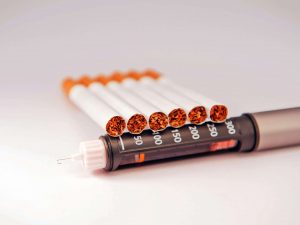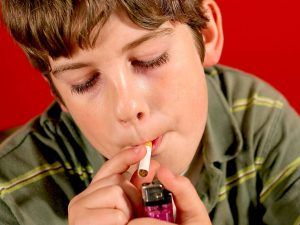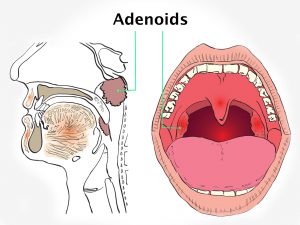Dengue fever is a severe, crippling illness spread by mosquitoes caused by any one of four closely related dengue viruses.
As it has been deemed a national concern, dengue is not a recent occurrence in Nepal. Every year, a portion of the national budget is allocated to finance nationwide campaigns. But the issue has persisted, and the infection rate rises yearly. Infected individuals may experience mild flu-like symptoms or severe sickness. A higher risk of death arises when severe dengue is not appropriately treated.
In Nepal, dengue has been reported in all weather and climatic conditions. Most cases have been found in hot climates or factories where stagnant water can pool, providing ideal hatching conditions for mosquitoes that spread dengue.
The Epidemiology and Disease Control Division (EDCD) reports that dengue-infected individuals have been identified in 61 districts this year. More than 1,100 people have been infected with dengue between mid-January and the end of July. But nobody has died as of yet. Until a month ago, Lalitpur was the only place where the disease was more prevalent, but by this point, dozens of cases had now been documented in Kathmandu. This indicates that a dengue outbreak is currently raging in the Kathmandu valley.
Symptoms
Many persons may not exhibit any symptoms or indicators of dengue illness. Symptoms typically start four to ten days after being bitten by an infected mosquito and may be mistaken for other ailments, like the flu.
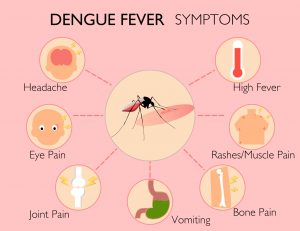
Dengue fever causes a high fever of 104o F (40o C) and any of the below illustrated symptoms:
- Headache
- Muscle, bone, or joint pain
- Nausea
- Vomiting
- Pain behind the eyes
- Swollen glands
- Rash (During dengue fever, red spots also develop on the body)
There can be speedy development of severe dengue fever warning signs, a life-threatening emergency. The warning signs, which may include the following, may appear within the first day or two after your fever has dropped.
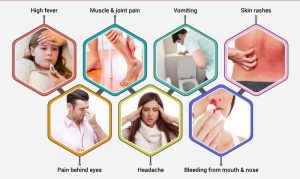
- Severe stomach ache
- Continual vomiting
- Bleeding from the nose or gums
- Having blood in your feces, urine, or vomit
- Under-the-skin bleeding that may resemble bruises
- Difficult or rapid breathing
- Fatigue
- Easily irritated or restless
Causes and Treatments
Aedes aegypti mosquito bites during the daytime are the primary means of transmission for dengue, which is brought on by four different virus serotypes (DENV-1, DENV-2, DENV-3, and DENV-4.). Patients exposed to one virus serotype are susceptible to several infections because they are not immune to the other three.
Dengue is a severe, incapacitating illness spread by mosquitoes that are brought on by any one of four closely related dengue viruses. The viruses that cause yellow fever and the West Nile virus are related to these viruses.

A blood test to screen for the virus can help doctors identify dengue infection. Since viruses cannot be treated with drugs, there is no cure for dengue. Doctors advise using paracetamol to reduce fever, alleviate pain, and drink plenty of fluids. Internal bleeding can occur in more severe dengue cases, which may necessitate hospitalization.
Avoiding mosquito bites is the best approach to avoid contracting the illness, primarily if you reside in or are visiting a tropical region. This effectively includes precautions and works to reduce the mosquito population.
Supportive care such as fever reducers and painkillers can be taken to control the symptoms of muscle aches, pains, and fever.
- Acetaminophen or paracetamol works well for treating these symptoms.
- Avoid NSAIDs (non-steroidal anti-inflammatory drugs), which include aspirin and ibuprofen. Since these anti-inflammatory medications thin the blood, they may worsen the prognosis in conditions where hemorrhage is a danger.





